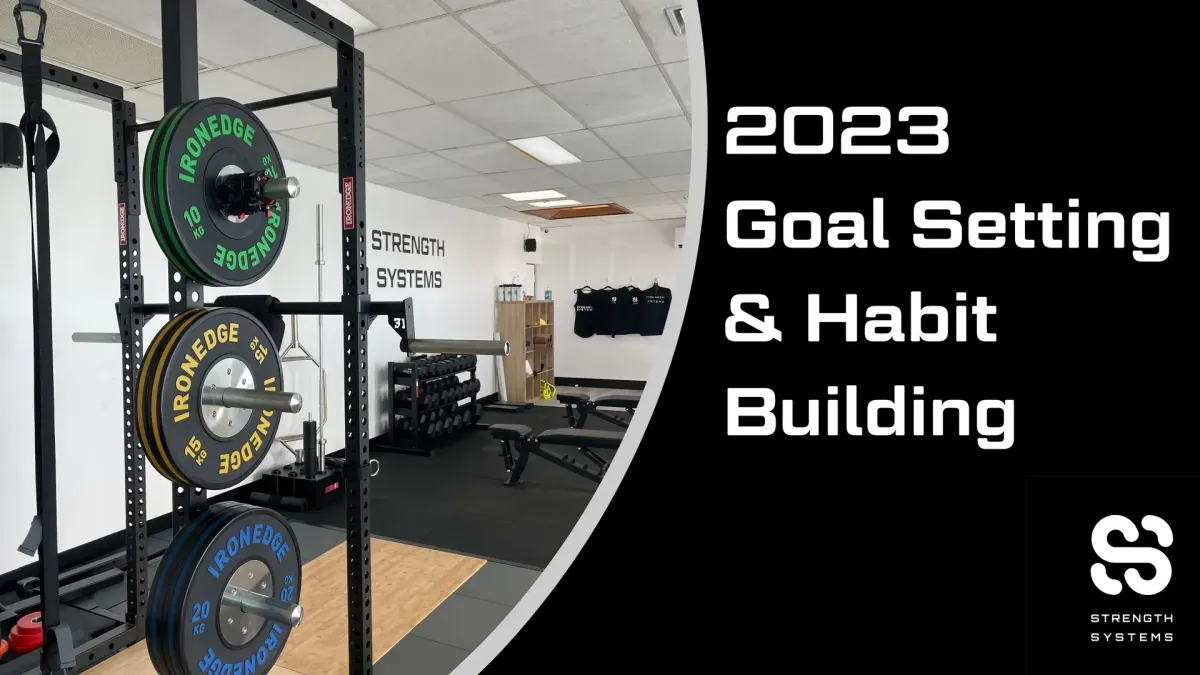Welcome To
Our Blog

Expanding On The One Simple Step To Ensure Success
In part 3 of 4, we investigate avoid and approach goals.
Have you started thinking about what you want to achieve for the remainder of the year?
I hope you had some big thoughts.
And I hope you set the bar even higher than you ever have before.
If you found the first two goal types useful, these next couple will help you to develop crystal clear thinking.
Avoid Goal:
Avoid goals are focused on avoiding or preventing negative outcomes, threats, or undesirable situations. People set avoid goals when they want to steer clear of something they perceive as harmful, unpleasant, or stressful. The motivation behind avoid goals is to minimise risks and maintain the current state rather than pursuing gains or growth.
For example: A student may have an avoid goal of not failing a class, leading them to study hard to avoid a bad grade.
Characteristics:
Fear-based: The motivation arises from fear or anxiety about potential negative consequences.
Defensive: The focus is on protecting oneself from losses or harm.
Short-term orientation: People may be primarily concerned with immediate problems rather than long-term aspirations.
May lead to avoidance behaviors: Individuals may engage in avoidance behaviors, procrastination, or withdrawal to stay away from the perceived threat.
Approach Goals:
Approach goals involve striving towards positive outcomes, rewards, or desired achievements. Individuals set approach goals when they are motivated to achieve success, growth, or positive experiences. These goals emphasise gaining something beneficial or fulfilling personal aspirations.
For example: A person may have an approach goal of running a marathon, pushing them to train and work towards the accomplishment.
Characteristics:
Aspiration-driven: The motivation stems from the desire to attain something desirable or pleasurable.
Growth-oriented: The focus is on personal development, progress, and achievement.
Long-term perspective: Individuals are more likely to be future-oriented and willing to invest effort for the sake of reaching their desired outcomes.
May lead to approach behaviors: Individuals are proactive, taking action to achieve their goals and pursue opportunities.
In summary, avoid goals revolve around avoiding negative outcomes, while approach goals are about seeking positive outcomes. The type of goal a person sets can significantly influence their behavior, motivation, and decision-making processes. Additionally, some situations may involve a combination of both types of goals, and individuals may dynamically shift between them based on their circumstances and mindset.
This blogs take-away - write down two examples of approach goals.
01

Athlete Performance Program
High Performance Training Throughout Your Entire Season.
02

Sports Physio
Sport Specific Injury Management & Prevention
03

Concussion Clinic
Keeping Your Brain Safe With Up To Revolutionary Concussion Care
Contact Us
23-25 Clements Ave, Bundoora, 3083
Unit 1/7 Oban Rd, Ringwood, 3134
0483 925 173
Internships
To apply for a internship position with Pivot Sports Performance, please email a cover letter together with your C.V.
Website & Marketing Powered By Gymini
